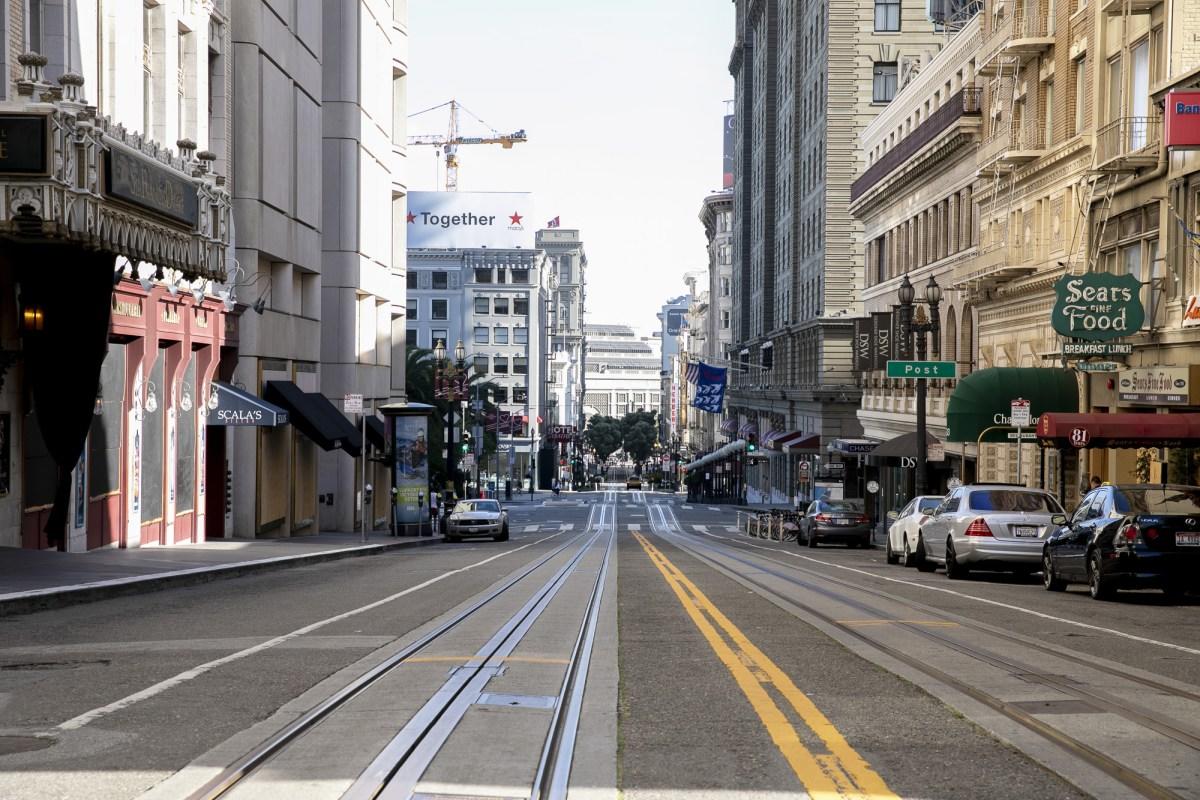Escape From San Francisco: Sales Tax Revenue Plunge “Worst In The State” Amid COVID Exodus
Tyler Durden
Mon, 10/12/2020 – 18:20
We’ve observed many times throughout the pandemic that the coronavirus-related lockdowns, especially as impacting restaurants, bars, theaters and other night venues, have made living in already expensive big cities like New York much less attractive.
It appears this trend of people ‘escaping’ the big cities as the prime lure of being there has largely evaporated — also after a summer of chaotic race and police shooting related protests and mayhem — is poised to hit San Francisco, despite it previously witnessing steady population growth over the past three decades. New tax numbers freshly out suggest a major exodus is already in progress.
But for the first time in recent history, and as the city’s large tech employers like Google, Facebook and Uber have kept their employees at home working remotely, city data shows that “Sales tax data shows San Francisco’s population likely declined during the coronavirus pandemic,” according the city’s chief economist Ted Egan.

The San Francisco Chronicle reports a whopping shortfall in revenue, detailing that “From April to June, the city’s sales tax revenue dropped to $30.8 million, down 43% from the prior year.”
While this is the kind of thing other cities have naturally also experienced over the course of pandemic closures of venues, many have been able to close the gap given simultaneous growth in taxable online sales as households turned to Amazon, Wal Mart and other home delivery services.
Not so with San Francisco, however, the report underscores:
San Francisco’s taxable online sales were up only 1% in that three-month period compared to the same period a year ago, while other California cities saw gains over 10% as people ordered more home deliveries. The modest increase likely shows that residents left the city entirely and weren’t at home to receive packages, Egan said.
“We’re the worst in the state,” he said. “That’s a sign to me that people aren’t here.”
No doubt compounding the trend is the past years of perhaps the most left-wing city policies in the country, a reflection of what conservatives derisively write off as “San Francisco values” and what even NPR has lately dubbed “San Francisco Squalor”.
After all, who really wants to pay a million dollars for some posh condominium in the city, only to walk out into needle and feces strewn streets?
🎥BROUGHT TO YOU BY….@SpeakerPelosi & @GavinNewsom pic.twitter.com/9HzLRR1irm
— Dan Scavino🇺🇸🦅 (@DanScavino) December 28, 2019
Restaurant and bar sales were down 65% as indoor dining was prohibited, while food and drug store sales were down 8%. (Food staples at grocery stores aren’t taxed but prepared meals and other items are.)
Other metrics like falling apartment rents and busy moving companies suggest the population decline, though it’s too early to tell how many people have left, Egan said.
Rents are tumbling and the number of homes listed for sale are soaring — all signs that the COVID 19 exodus from San Francisco was not losing its momentum six months into the pandemic. https://t.co/LhpHw798NV
— KPIX 5 (@KPIXtv) October 10, 2020
Considering too that major tech companies like Microsoft are using the pandemic to make dramatic changes like allowing most employees to work from home on a permanent basis, it doesn’t look like those making a recent ‘escape’ from San Francisco will be moving back anytime soon.